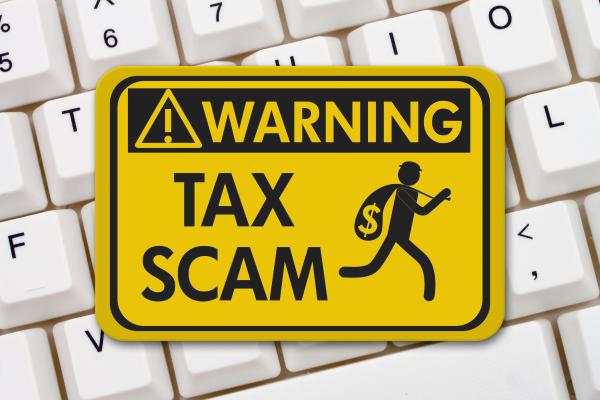
Some employees may need to submit a Self Assessment tax return by 31 January 2025, for instance if they have non-PAYE income sources to declare or if they need to pay capital gains tax.
Ahead of the annual filing deadline, HMRC have issued a warning to remain vigilant against tax-related scams. Nearly 150,000 potential scams were reported to HMRC in the past year, with approximately half of those involving fraudulent tax rebate claims.
As the Self Assessment deadline nears, the risk of falling victim to a scam increases as taxpayers may be expecting contact from HMRC, particularly if they have genuine tax payments or refunds due, which makes the scam appear more credible.
However, taxpayers can help protect themselves by understanding what to look out for, and what to do if they suspect a scam.
Understanding the threat
Fraudsters often impersonate HMRC, contacting individuals via emails, texts, or phone calls. They may offer fake tax refunds or demand immediate tax payments, with the aim of stealing personal and financial information. These scams can lead to significant financial losses and identity theft.
Recognising genuine HMRC communications
HMRC will never:
- Leave voicemails threatening legal action or arrest;
- Request personal or financial information through text messages; or
- Announce tax refunds via email, text, or phone calls.
Authentic tax refunds are processed through secure HMRC channels, such as an individual's personal tax account or the HMRC app.
How employees can protect themselves
- Exercise caution – be wary of unsolicited messages claiming to be from HMRC.
- Check where the communication comes from – read HMRC’s advice on how to identify scam phone calls, emails and text messages and watch the ATT’s video on How to Spot HMRC Scams.
- Safeguard personal information – avoid sharing sensitive data like bank details or National Insurance numbers unless certain that both the submission route and recipient are genuine.
- Report suspicious activity:
- Forward suspicious emails to [email protected].
- Report scam phone calls via the HMRC website.
- Forward suspicious texts to 60599.
This article reflects the position at the date of publication shown above. If you are reading this at a later date you are advised to check that that position has not changed in the time since.
We regularly publish articles on a range of tax and wider topical issues which affect employers. If you wish to subscribe to our monthly Employer Focus e-newsletter, please contact us.















